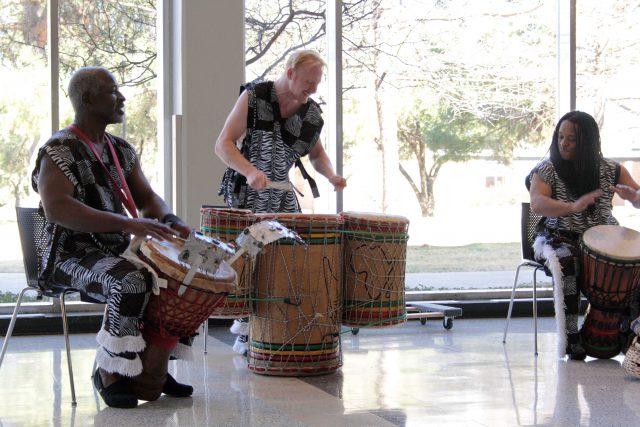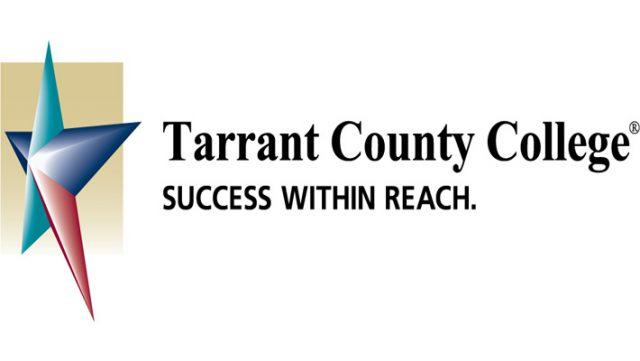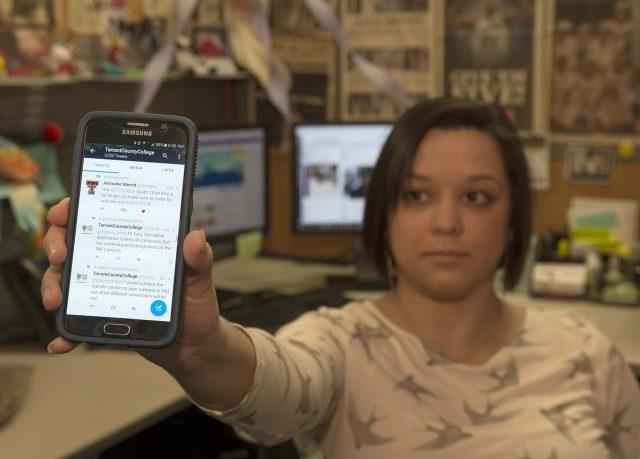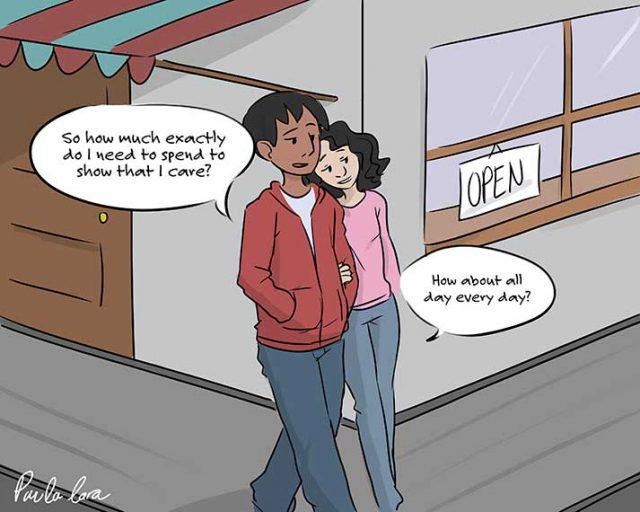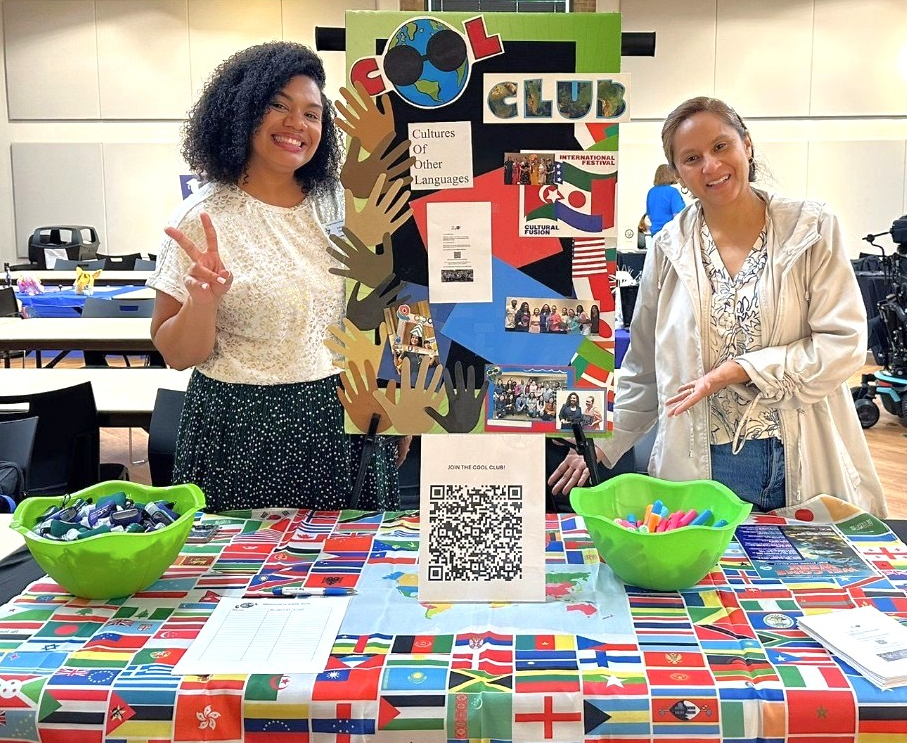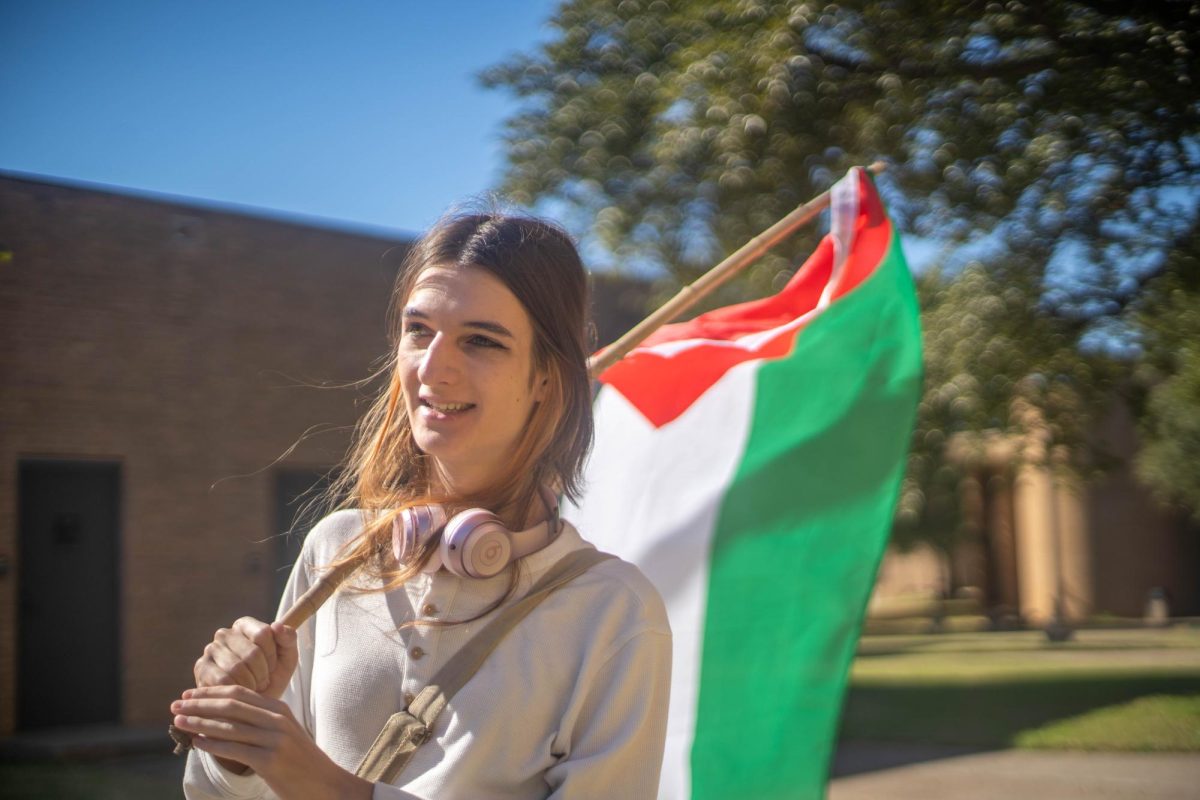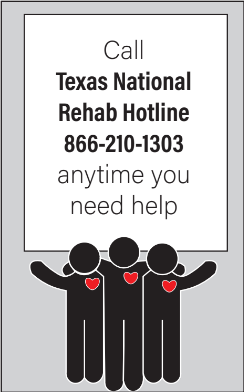By Kathryn Kelman/ne news editor
Every semester, TCC campuses give students an opportunity to join the Bone Marrow Donor Registry.
Every three minutes, someone is diagnosed with a form of blood cancer, and every 10 minutes someone dies from it, according to the National Marrow Donor Program.
Bone marrow transplantation is a therapy that has been helping cure people of cancers like leukemia and lymphoma for more than 30 years. However, the Bone Marrow Foundation found that 70 percent of people suffering from blood cancers and other life-threatening diseases that can be treated with a bone marrow transplant must rely on unrelated donors.
These unrelated donors are often discovered through the National Bone Marrow Donor registry doctors use to find matches for their patients. Be the Match, one of the registries operated by the NMDP, describes becoming a bone marrow donor as an important commitment.
BTM notes on its website that not everyone on the registry will match and be asked to donate to a patient. The chances of donating are about one in 430.
TCC students over 18 can register on multiple campuses to become a donor.
Julie Smalley, a recruiter for the NMDP, said it should take students about four minutes to complete the registration forms and have their cheeks swabbed.
“You can help a person that hasn’t found [a match] in their family recover and live a normal life,” she said. “It’s an awesome thing to be the one to save that person.”
She also emphasized how much easier bone marrow donation has become, saying bone marrow no longer requires a surgery or to have a doctor drill into their hip or spine.
“Doctors can go into the blood center and do donation similar to a plasma donation,” Smalley said.
The NE Campus bone marrow donor registrations are scheduled 9 a.m.-2 p.m. Feb. 15 and April 4 in the NTAB lobby.
The South Campus bone marrow donor registration is scheduled 9 a.m.-1 p.m. Feb. 16 in the Student Center.
The NW Campus registration will take place during the campus health and resource fair 10 a.m.-2 p.m. March 1 in WSTU 1303.
For more information, contact any campus health services office.























